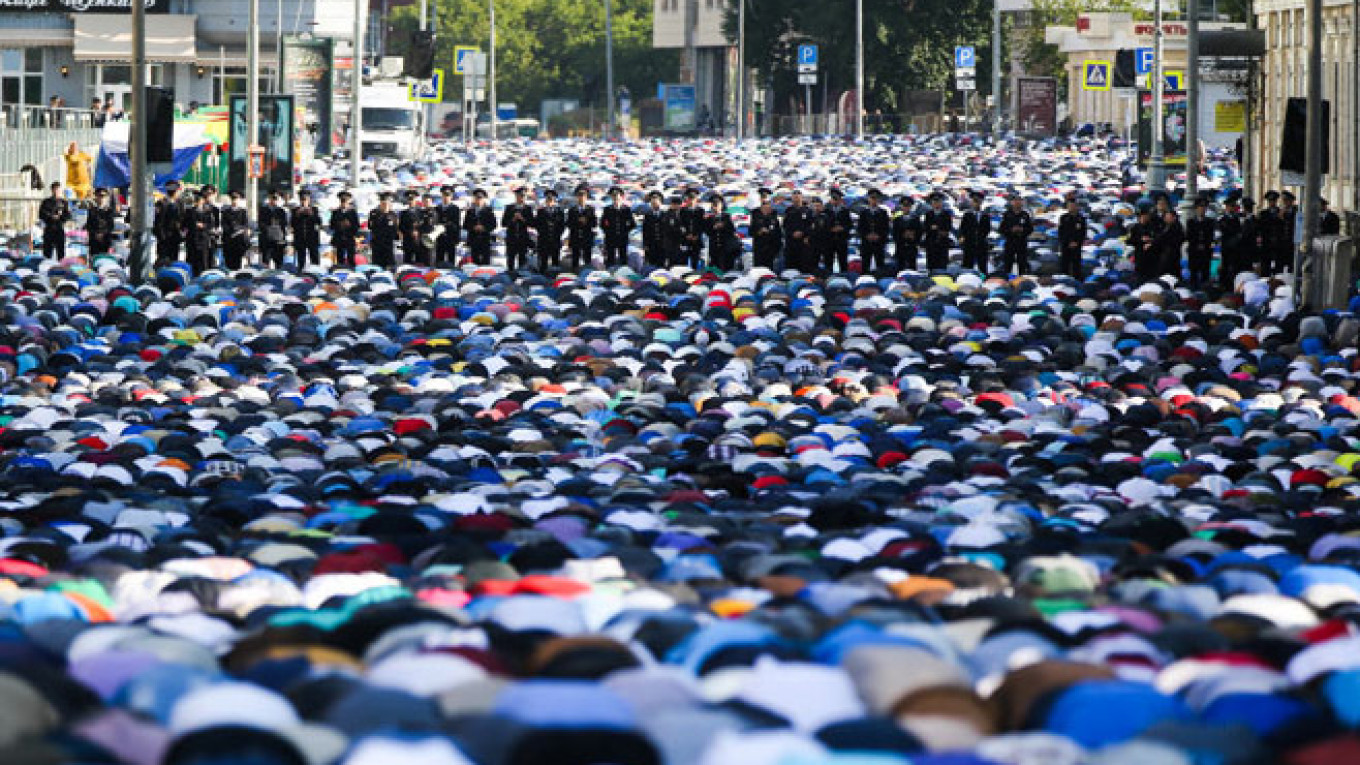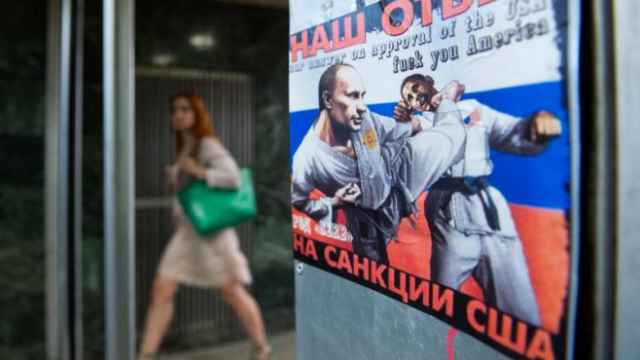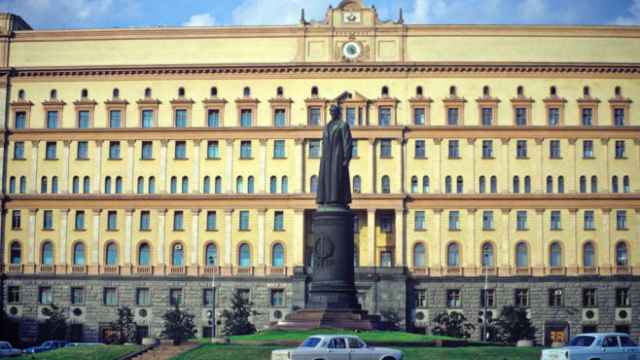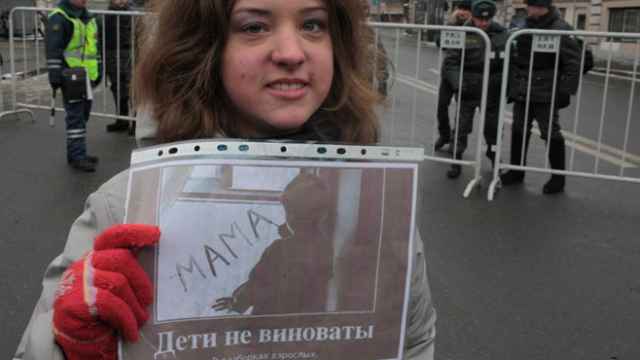The story of how judges and experts at the Yuzhno-Sakhalinsk Municipal Court in Russia's Far East misread sacred Muslim texts does deserve attention, but it was probably more of a misunderstanding than an irreconcilable conflict between secular authorities and religious perceptions.
The main problem is that legislators are cranking out new laws as fast as political leaders can order them, giving local officials the impossible task of implementing them with some coherency.
Chechen leader Ramzan Kadyrov used the words "Satan" and "traitors" to describe the Yuzhno-Sakhalinsk court decision. He then rebuffed representatives of the Prosecutor General's Office who chided him for his response.
Sakhalin Regional Court chairman Alexander Chukhrai acknowledged that the judge could have made a mistake and suggested that Kadyrov appeal the Municipal Court decision to the higher courts.
The court's decision really is strange. It labeled the following passages as "extremist": "He is the Living, there is no god but He, therefore call on Him, being sincere to Him in obedience; [all] praise is due to Allah, the Lord of the worlds [Quran 40.065]" and "The mosques are for Allah [Alone], so invoke not anyone along with Allah" [al-Jinn 72:18].
Among other things, the legal claim argued that "these quotations suggest the superiority of one group of people over others based on their relationship to religion, on their belonging to Islam, on their being Muslims."
Our purpose is not to convince anyone that texts written 1,500 years ago should be read differently than texts written today. The experts should have explained that to the court.
What happened in the Yuzhno-Sakhalinsk Municipal Court is an example of the failure of new legislation that was hastily created in recent years to fulfill very narrow political purposes.
The authorities set out to criminalize "extremism" during the 2000s in order to suppress and control the political opponents of the regime.
The vague wording in the "anti-extremist" articles of the Criminal Code and the law "On Countering Extremist Activity" have enabled the authorities to initiate criminal proceedings against individuals making posts on LiveJournal and to ban books and videos.
The main problem with the politicization of legislation is not that a modern Russian judge does not understand the complexities of an ancient sacred text, but that he does not understand freshly minted laws.
There have been numerous examples of this, such as the time the Prosecutor's Office banned the works of medieval and contemporary Islamic scholars — Kadyrov's indignation has simply given the case in Yuzhno-Sakhalinsk greater publicity.
In fact, following the mass protests in 2011-12 and the well-known protest by Pussy Riot in February 2012, the authorities adopted a law making it a crime to offend peoples' religious feelings. It is strange that Kadyrov did not appeal to that law, as it suits the present occasion perfectly.
Maxim Trudolyubov, an editor at the independent Russian newspaper Vedomosti, is a director at the Center for New Media and Society at the New Economic School in Moscow. Pavel Aptekar is a historian and commentator for Vedomosti. This comment originally appeared in Vedomosti.
A Message from The Moscow Times:
Dear readers,
We are facing unprecedented challenges. Russia's Prosecutor General's Office has designated The Moscow Times as an "undesirable" organization, criminalizing our work and putting our staff at risk of prosecution. This follows our earlier unjust labeling as a "foreign agent."
These actions are direct attempts to silence independent journalism in Russia. The authorities claim our work "discredits the decisions of the Russian leadership." We see things differently: we strive to provide accurate, unbiased reporting on Russia.
We, the journalists of The Moscow Times, refuse to be silenced. But to continue our work, we need your help.
Your support, no matter how small, makes a world of difference. If you can, please support us monthly starting from just $2. It's quick to set up, and every contribution makes a significant impact.
By supporting The Moscow Times, you're defending open, independent journalism in the face of repression. Thank you for standing with us.
Remind me later.








